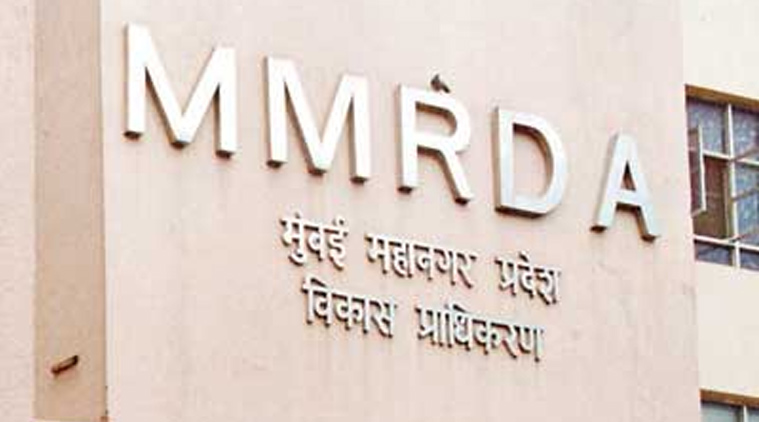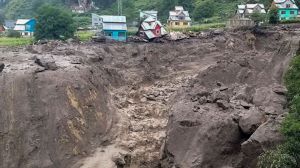Stay updated with the latest - Click here to follow us on Instagram
MMRDA plans model village to quell opposition
The Slum Rehabilitation Society (SRS), a consultant appointed by the MMRDA, has submitted a Detailed Project Report (DPR) after conducting a study of the village to ascertain the current socio-economic condition and development needs of the village.
 MMRDA. plans to develop Dahanu village as ‘model village’ for Surya Regional Water supply scheme. (File)
MMRDA. plans to develop Dahanu village as ‘model village’ for Surya Regional Water supply scheme. (File)
In a bid to quell protests against the development of the Surya Regional Water Supply Scheme to supply 403 MLD water to Vasai-Virar and Mira-Bhayandar, the Mumbai Metropolitan Region Development Authority (MMRDA) plans to develop Veti village in Dahanu taluka as a “model village”.
The Slum Rehabilitation Society (SRS), a consultant appointed by the MMRDA, has submitted a Detailed Project Report (DPR) after conducting a study of the village to ascertain the current socio-economic condition and development needs of the village. “They have recommended some additional benefits that could be provided to make it a model village. They have pointed out some gaps in the amenities and infrastructure in the village and we will cater to that,” said Sanjay Khandare, Additional Metropolitan Commissioner, MMRDA.
According to the report submitted by CRS, “the study was commissioned as part of MMRDA’s plan to construct a Water Treatment Plant (WTP) on the site of the Irrigation Department’s former Surya Nagar Housing Colony located on the eastern edge of Veti village.”
The water sourced from the Kawadas Pickup Weir on the Surya river will be sent via pipeline to the twin cities of Vasai-Virar and Mira-Bhayandar from the WTP. As this will mean lesser water for irrigating their farmlands, residents of the village have strongly opposed the project. Farmers earlier staged hunger strikes in Palghar to mark their protest and locals see the concept of ‘model village’ as a means to assuage them. The work has been stopped since the protests erupted. “They have chosen our village for this as they want 26 hectares of forest land here for the WTP. They are showing us a carrot to appease us. But they need to really implement this. Let us see what a model village looks like but it cannot replace our need of water for our farms,” said Prakash Hadal of Veti village.
Khandare, however, said continuous water supply will also be provided to the village. “Not only Veti but 15 other villages along the pipeline will get water supply at a nominal cost,” he said. The survey which began in March this year also included ‘identification of community leaders and/or influencers of public opinion’ and ‘identification of potential sources of interference or opposition’.
“During the survey we told them about our need for good educational institutions as well. There are very few schools here and no institutions to continue education beyond the 10th standard. We hope they cater to these needs as well,” added Hadal.
However the village’s primary necessity remains the need for water for their fields. “The pipelines they have brought are really big. We were totally shaken seeing them as it will take away all the water from here. More than the infrastructure needs they need to cater to our need for irrigation,” said Shivram Kakad, sarpanch of Veti.







